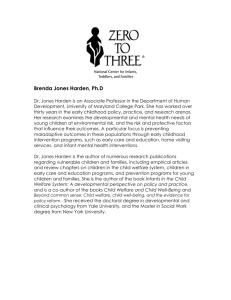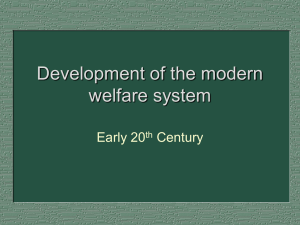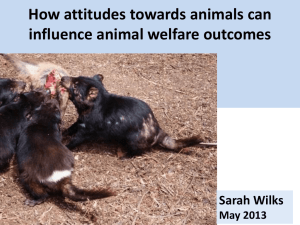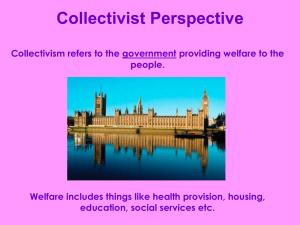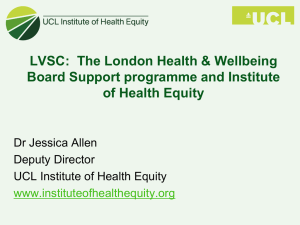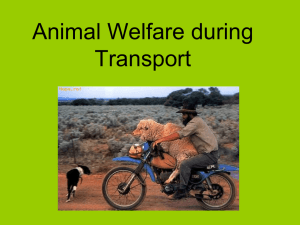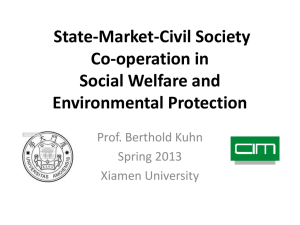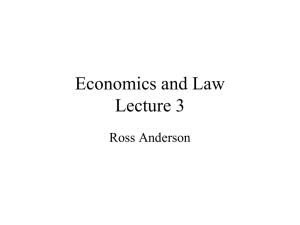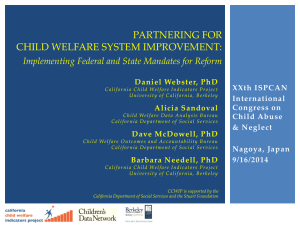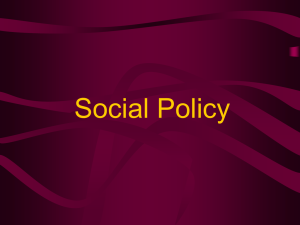4. Economic crises and the welfare state in Korea
advertisement
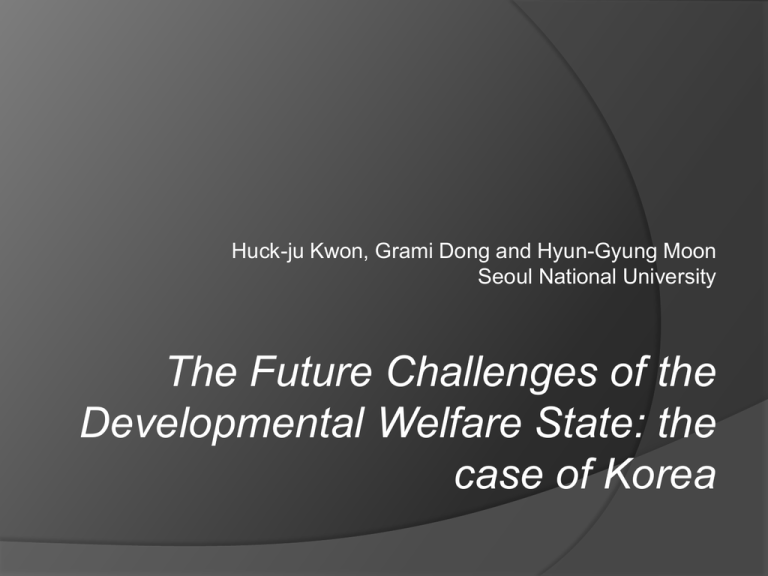
Huck-ju Kwon, Grami Dong and Hyun-Gyung Moon Seoul National University The Future Challenges of the Developmental Welfare State: the case of Korea Introduction The current economic crisis is different from the previous economic crisis in 1997-8 Can the existing welfare state in Korea to cope with the social contingencies that arise in a period of economic downturn? Welfare Reform after the Asian Economic crisis of 1997-8 Preoccupation with economic development Leaving the vulnerable section of the population outside the system Developmental welfare state could not cope with social challenges in economic downturn Not able to tackle high unemployment Welfare Reform after the Asian Economic crisis of 1997-8 Social policy reforms that would enhance social protection for the vulnerable MLSG, an extended EIP, a new social assistance programme and etc It still has the features of a developmental welfare state Toward becoming an inclusive developmental welfare state Global Economic Recession and Social Policy Responses The global economic downturn triggered by the subprime mortgage crisis in the US The currency swiping deal with Japanese and the US Special budgetary package, “Huimang” project Global Economic Recession and Social Policy Responses Differences between the two economic crises Focusing on retaining existing jobs and creating new jobs in the labor market and temporary jobs through public works A range of social policy instruments, such as MLSG and EIP, were already in place to provide social protection Figure3. Minimum Living Standard Guarantee Claims During the Economic Crisis Source: Im 2009. Table 4. Percentage of Unemployed People Receiving Unemployment Benefits in Korea 1997 1998 1999 2007 2008 2009 7.8 26.3 33.1 35.3 38.5 41.8 Source: Korea Employment Information Service, Employment Issuers(http://www.keis.or.kr) Global Economic Recession and Social Policy Responses In a nutshell, the existing social policies of the welfare state responded well to the global economic crisis Does this mean that the welfare state in Korea will cope well with social risk in the future? Global Economic Recession and Social Policy Responses Future challenges Demographic ageing and low fertility A stagnated female participation in labor market resulting from the lack of care facilities for children The welfare state in Korea should be strengthened to provide adequate support for the family, otherwise the long-term growth potential of the economy will be seriously undermined Concluding Remarks Increasing the number of the care facilities for children and the elderly and enhancing the economic and geographic accessibility Necessary to address the gender inequality in the labour market Reconsidering the balance between work and life
